Klondike Rocks
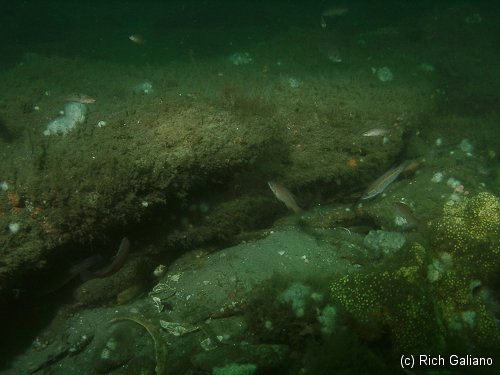
more than two feet above the bottom. Cunners
These low outcroppings appear in small to large patches over a two-mile area called the Klondike, and elsewhere, at depths ranging from 60 to 90 feet. The overhangs, crags, and holes afforded by the piles of rocks and boulders provide excellent homes for fish and lobsters. Visibility can be great here at times, but it is usually 10-20 ft, with a silty bottom in most places. The larger areas extend for many hundreds of feet, and an incautious diver can easily get lost. The stone itself is a type of sandstone known as Greensand, which occurs along the northern part of the New Jersey coast, and parts of Long Island, most famously as the Shrewsbury Rocks.
Captain Henry Beebe named this bank of high bottom off the central Jersey coast during the time of gold fever in the West. He ferried people from the Jersey beaches in small boats to drift from the pilot boat B Jordan, which he captained. He'd bring them to the Klondike Bank, thus named because of its rich treasure trove of fish. Many of the individual outcroppings are named after the fishing boat or captain that found the spot.

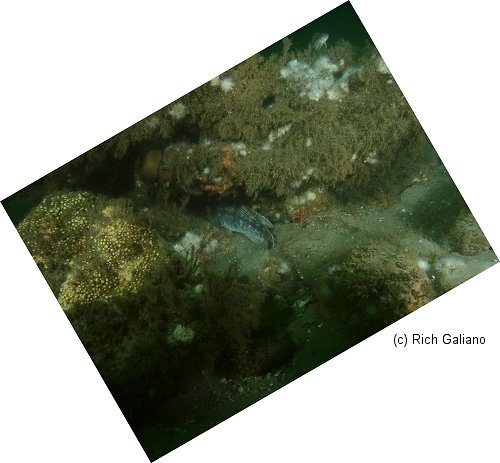
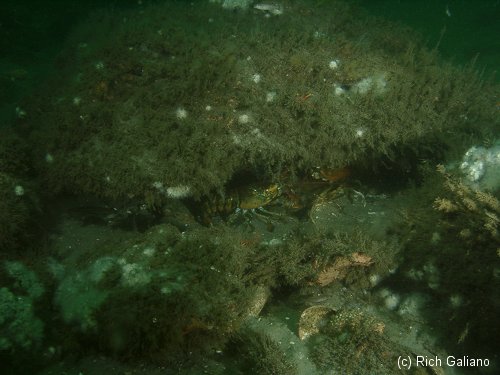
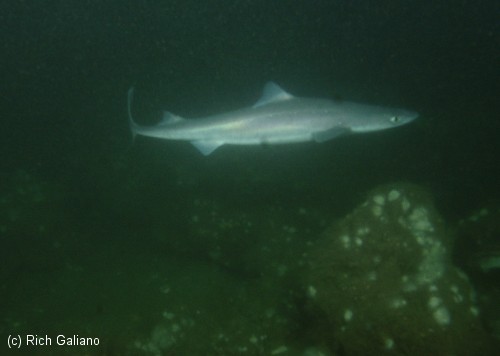
There are hundreds of small lumps and ridges such as this, stretching the entire length of the Jersey coast. The Manasquan Ridge and its East Lump is another example of these spots, as is the Harvey Cedar Lump, although there are many that show up on nautical charts as just small spots.
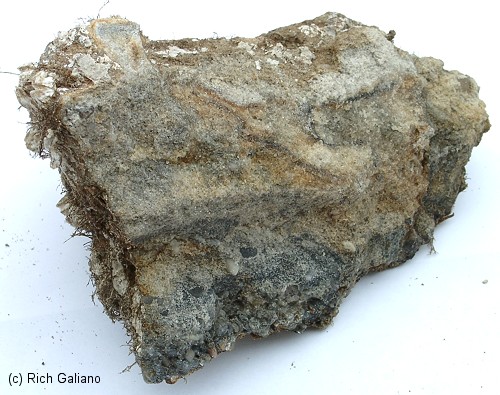
Facing is the broken-off interior edge. ( Approx. 7" )

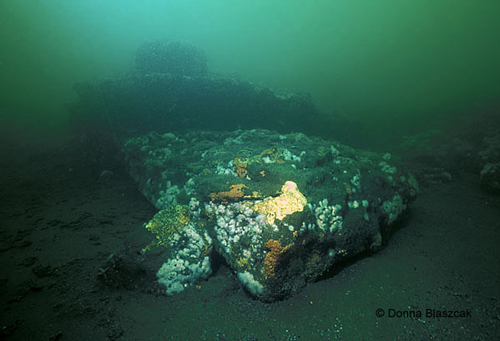
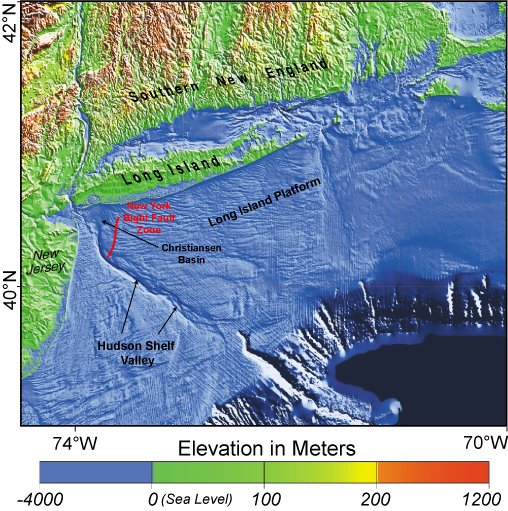
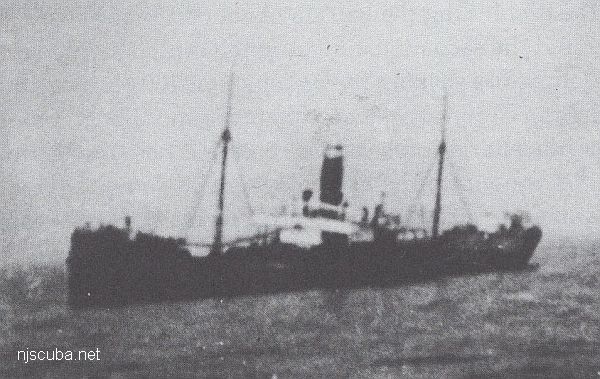
Questions or Inquiries?
Just want to say Hello? Sign the .